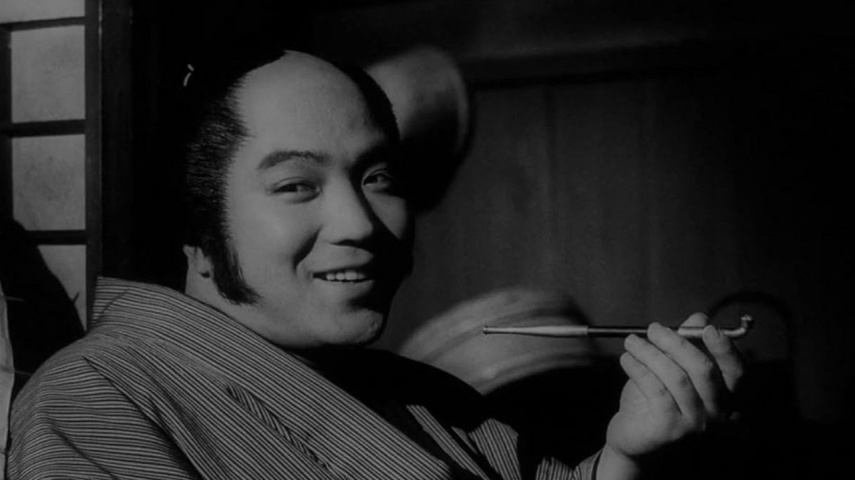Who was Juro Kara? Iconic rebel playwright of Japan's modern underground theater dies at 84
Juro Kara, a legendary figure in Japanese theater, died at the age of 84, leaving a rich legacy of artistic innovation and rebellion against the status quo. Read on to know more about him.

-
Juro Kara, renowned rebel playwright of Japan's underground theater scene, has passed away at 84
-
His influence extended beyond the stage, nurturing top actors like Kaoru Kobayashi and Jinpachi Nezu
Trigger Warning: This article contains references to an individual’s death.
Juro Kara, the acclaimed rebel playwright who transformed Japan's postwar avant-garde theater scene, died at the age of 84. Kara, born Yoshihide Otsuru in Tokyo, rose to prominence in the Japanese underground movement of the 1960s, also known as ‘un-gura’ as per ABC News Kara, like contemporaries Shuji Terayama and Tadashi Suzuki, defied traditional norms by combining Kabuki aesthetics with modern storytelling.
Innovative theatrical style
Kara's theatrical style was distinguished by its rebellious and playful nature. His productions, which were frequently staged in makeshift tents resembling a traveling circus, rejected the prevailing Westernized, middle-class theatrical forms of modern Japan.
Instead, Kara's vibrant shows, such as 'Koshimaki Osen,' embraced raw, energetic physicality, foregoing naturalism in favor of a more intense experience. He once compared his approach to "a womb covered in blood," showing the intense emotional impact he sought to elicit.
Legacy and influence
Kara's theater, affectionately known as 'the red tent,' became associated with immersive, otherworldly performances. Kara's signature blend of pop surrealism captivated audiences, transporting them to dreamlike settings.
Collaborations with artist Tadanori Yokoo produced strikingly vivid posters that reflected the spirit of his work. Despite his death, Kara's legacy lives on through his theater company, which continues to stage plays inspired by his pioneering vision.
Contribution to Japanese culture
Beyond his artistic endeavors, Kara's influence extended to the development of talent in Japan's acting community. His theater produced some of the country's best actors, including Kaoru Kobayashi and the late Jinpachi Nezu.
Kara's contributions to Japanese culture were further acknowledged when he received the prestigious Akutagawa Award in 1983 for his novel 'Letters from Sagawa.' He also graced the silver screen, appearing in a number of films, albeit frequently in minor roles, such as Masahiro Shinoda's 'Demon Pond.'
Juro Kara's death leaves a void in Japan's theatrical landscape, but his innovative spirit and indelible contributions ensure that his legacy is remembered. Funeral arrangements are pending, with Karagumi stating that they will be limited to family and close friends. Kara is survived by his wife Michiko and three children, Gitan, Sasuke, and Minion, all of whom have followed in his footsteps as actors.
ALSO READ: What Are Minute-Long Soap Operas Trending on TikTok? Here's Why They're Gaining Popularity





 JOIN OUR WHATSAPP CHANNEL
JOIN OUR WHATSAPP CHANNEL



































































































